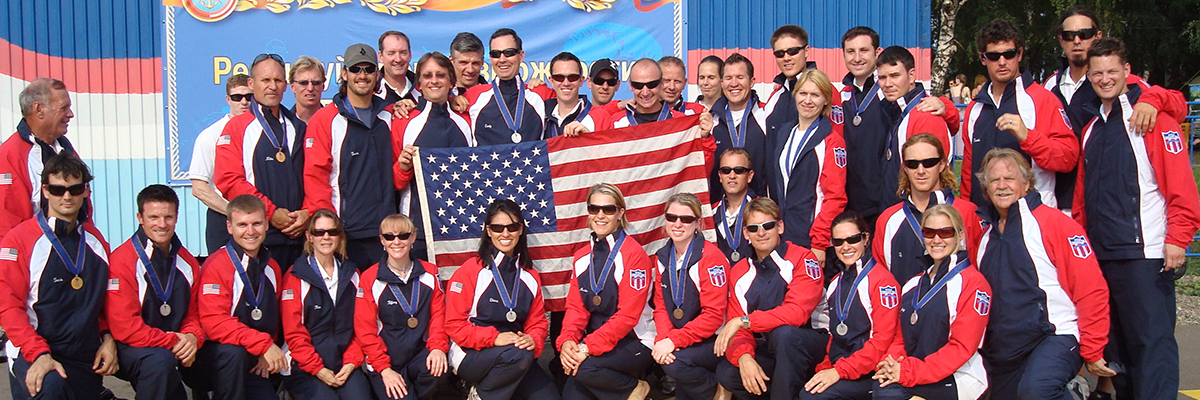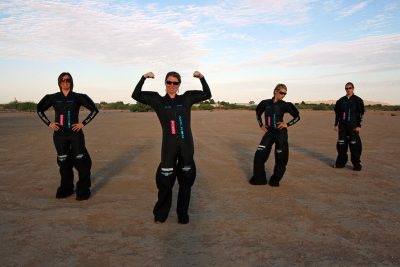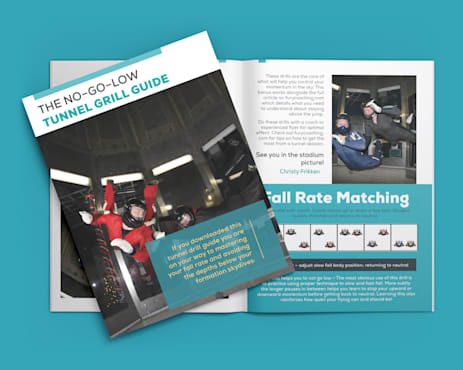The First Critical Step for Finding a Great Team
Tuesday, October 1, 2019

Are you presented with a mish-mash of team options? Can’t find anything suitable? Take a step back and start by considering what you want from the experience. A little soul searching will help you define what you want and increase the chances you will find perfectly matched teammates.
Think About the Big Stuff
Long term goals
Do you have long term future aspirations? I had a driving desire to be a professional and a champion in my early career. This goal informed my choices as I stepped up through the ranks.
If you have big or small multi-season goals, think about what those are in-depth. When I was in the early stages of competition, I spent time thinking about why I wanted to be on a pro team. This goal wasn’t a simple statement like “I want to win.” I did want to win, but I also enjoyed competition, wanted to do 4way every day, loved to coach and teach others, and I wanted to be a part of a team. Layering these goals together gave me a clear picture of what I wanted.
If you DON’T have compelling long term goals, that can be ok too! Not everyone needs to be driven. Maybe you only want to have a super fun time for a single season.
Short term goals
After you have defined what you are looking for long term (if anything) repeat the process for a single season. If you have a big goal, you can break it into chunks and make choices that will move you forward.
If you don’t have a long-term vision, you can define the nature of your season much the same way as a long-term goal. What would make you look back on your year and smile? What qualities does your season have?
Break Down the Big Plan
Outcome goals as an outline

An outcome goal is a goal that defines success by a particular outcome, usually out of your control to some degree. For example, “Winning Advanced” is an outcome goal. You can’t directly control who your competitors will be that year.
Outcome goals are highly motivating. A certain average, winning a meet, or having the least amount of busts are examples. These goals often motivate people to do 4way or 8way in the first place!
It is great to have one or two of these compelling targets. Use them as an outline, but not the full picture.
Color in the outline with more depth
If you have an outcome goal, consider setting some process goals. What are the types of behaviors that will lead you to achieve your outcome goal? Process goals are under your power. Examples might be executing a great preparation plan, focusing 100% during debriefs, creating a best of video each camp, visualizing an hour every week, and encouraging your teammates each week.
These little goals define what you need to do every training day to get what you want. They also help you manage your expectations about a single event that isn’t fully under your influence. Maybe you had an amazing season that doubled your average, but the week before the meet you got injured. Disappointing, but you can see your season as successful by other definitions despite not hitting your rigid outcome goal.
Consider quality
Take a second to consider the quality of your season alongside performance measures. If you are compelled to achieve a high average, it is easy to lose sight of other marks of success. How do you want to interact with your team? What kind of attitude do you want to display around the dropzone? How do you want to interact with any supporters or sponsors? What kind of giveback can you present to upcoming jumpers?
Even if you win your division, you will be derailed if you are on an obvious trainwreck, hate your teammates, act like a jerk to new jumpers, and alienate current and future sponsors.
Imagine a Perfect Training Camp

Finally, spend some time imagining from beginning to end a perfect training camp. You will spend much more time training then you will competing, so consider what qualities you want every day to have in detail.
What is a perfect day? Do you come to the camp prepared? Do you start early or late? Is there a coach? How intense do you prep? Are you hiring packers? How many jumps do you do? How long is your day? Do you hang out after training? How are decisions made?
There are no right answers. How you choose to respond though will help you see what is important. Knowing if you want six easy jumps with a late start and 40-minute calls followed by BBQ and beer or you want 16 jumps on back to backs starting at 6:00 am will help you define your goals further.
Negotiate the Best Option
Now that you have your possible team candidates, you may have to compromise the details of your perfect scenario. Perhaps you can only find someone who has a more limited budget. If they are a great flyer, it may be worthwhile to reduce your spending (you can always do a personal tunnel camp to keep moving forward).
Keep your big goals in mind. You are unlikely to find three people who match exactly. If everyone has their restrictions clarified, you can hopefully come to an arrangement that is still great for everyone.
Is No Team Better Than a Mediocre Fit?
For those that have a serious long term goal or big skill ambitions, I’ll toss in a special note here. After you have explored all your possible scenarios – almost any team is better than no team. If you are after 4-way ultimate glory though – do something. Even if that team is well below your average, you will learn stuff about team dynamics, how to lead, improve flight skills, and how to better train. Being on a team keeps you in the mix socially too – disappear for a year and nobody will likely remember you during team hunting season.
If your goals are more relaxed, no team can be a good option for a season. No team is a perfect match, but if your options leave an uneasy feeling in your stomach feel free to step back for a season. Maybe something cool will pop up mid-season. Or maybe you can take the time to try big ways or other cool events.
Defining what you want from a season before you begin looking for a team will help you find the options that will be most effective and enjoyable for you.
You might not find a perfect fit, but having a clear vision will give you the best chance to craft a season that is fun, fast, and successful!
Tell Christy what you are after this season by filling your wish list!




